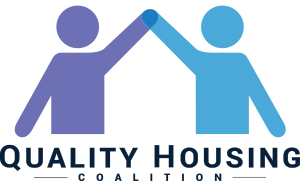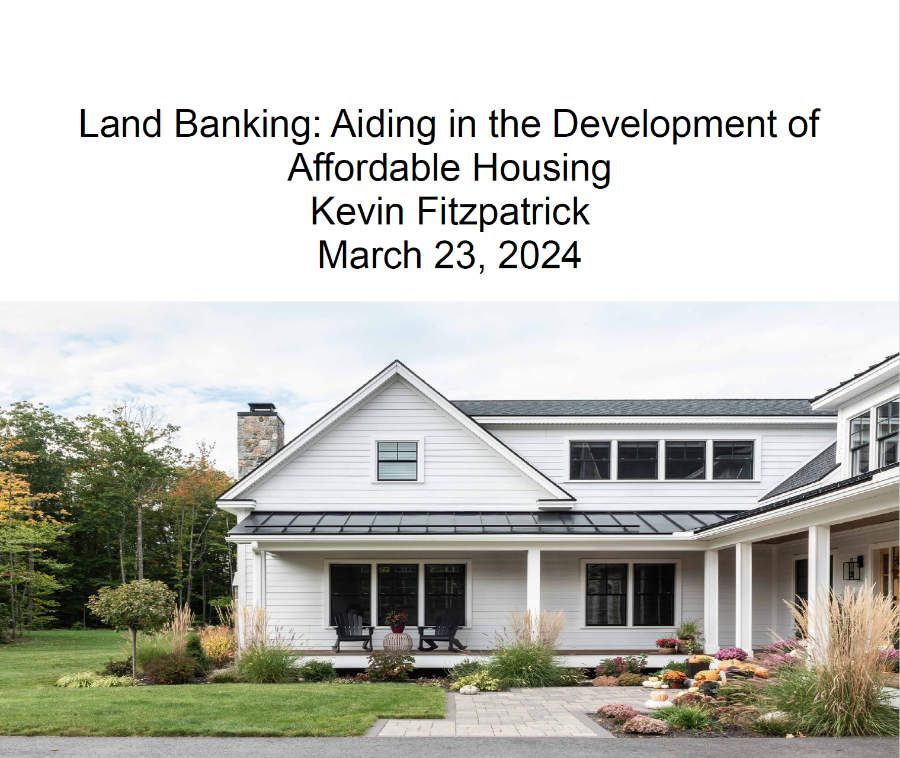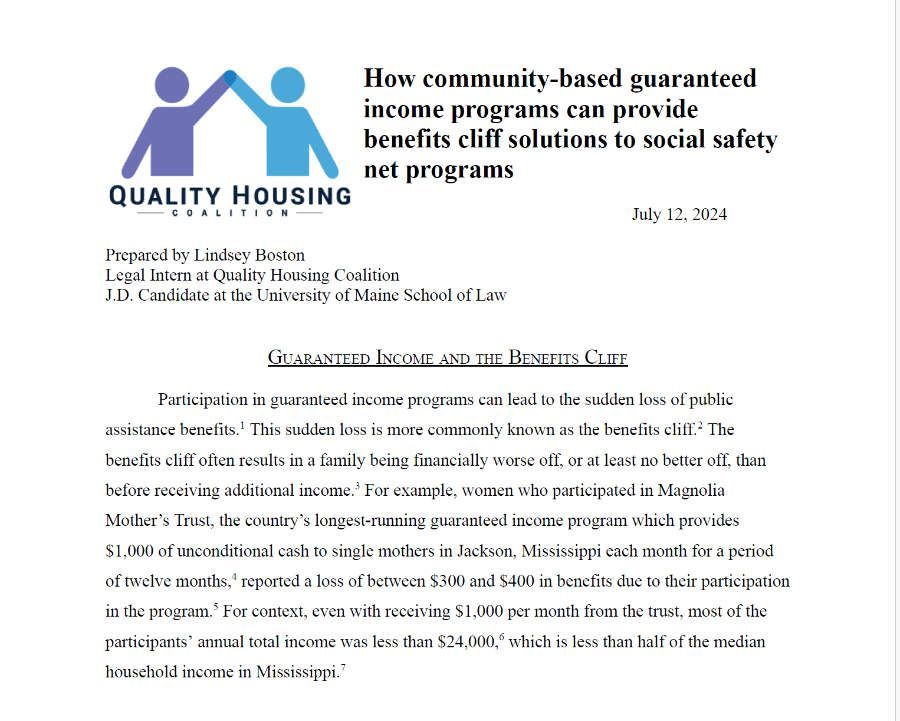"Land Banking: Aiding in the Development of Affordable Housing" (March 23, 2024)
Support the Quality Housing Coalition
Donate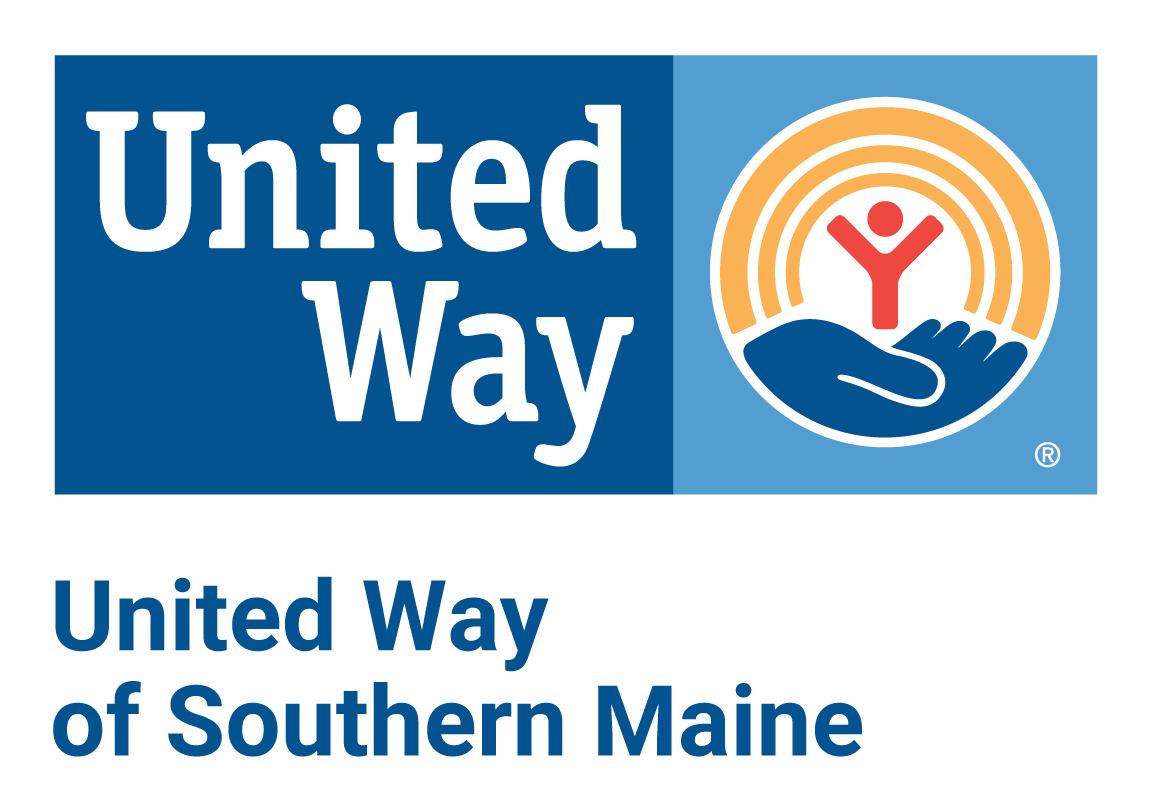
Follow Us
Housing Equity Project
The Housing Equity Project provides policy education and guidance to local and state governments and community partners on equitable housing and financial security policies that result in increased housing stability for low-income people. We center this anti-poverty research around the people we serve, seeking their input and collaboration throughout the process. We explore the policy tensions inherent in change in any system, and in particular, the intersections between race, poverty and housing insecurity; supply-side economics and local control; density and the environment; transportation and housing; and land use regulation and discrimination.
Critical to this work is understanding Maine's Housing Landscape:
- 550,000 - total primary resident households (renters and owners)
- 174,000 - total renter households
- 40% - renter households that cannot afford their rent
- 14,000 - the number of housing vouchers statewide
- 90% - the housing stock that is market-rate housing
- 10% - the housing stock that is below-market housing
- $400/month - the rental affordability gap
- 60% - renter households that can afford their rent
- 84,000 - # of new homes Maine's economy needs by 2030
The housing insecure sector of Maine's population are all living at or near poverty and are more likely to be low-wage workers, older adults on fixed incomes, new Americans, people who have experienced interpersonal violence, and young adults who have been in the foster care or corrections systems as children. The majority of those living at or near poverty have experienced Adverse Childhood Experiences (ACEs), qualify for MaineCare, TANF, and food stamps, and do not have a natural community of support. As a result of these challenges, this housing insecure sector is more likely to be evicted, lose employment opportunities, move year to year, and to more likely frequent emergency rooms, shelters, and jails—the most costly crisis services that, when measured, do not improve health and life outcomes.
The legal, social work, and public policy interns at the Housing Equity Project tackle all of these solvable issues. Their work and publications are below.
Kevin Fitzpatrick

Kevin's Work
Lindsey Boston

Lindsey's Work
Joe Jambor

